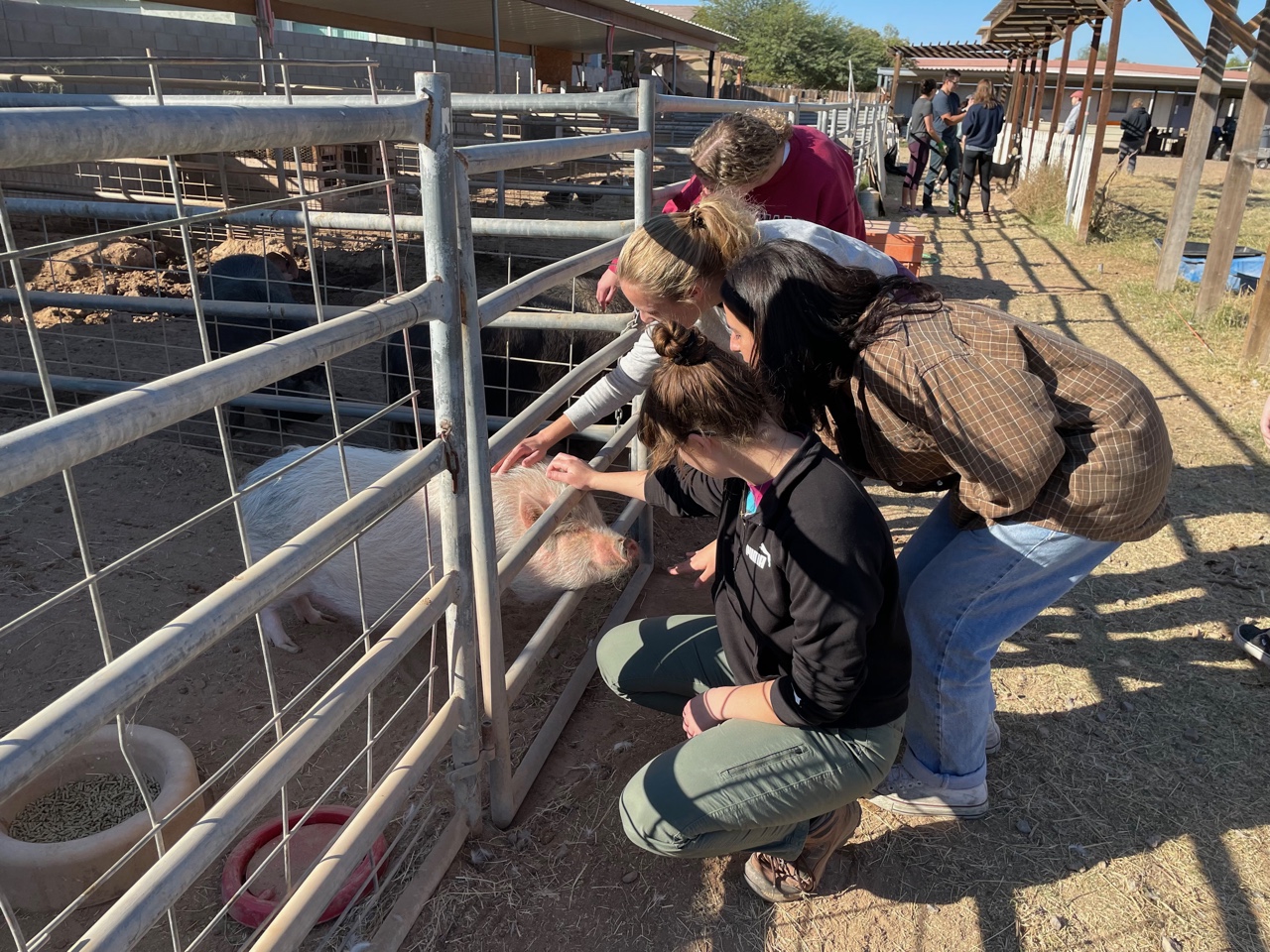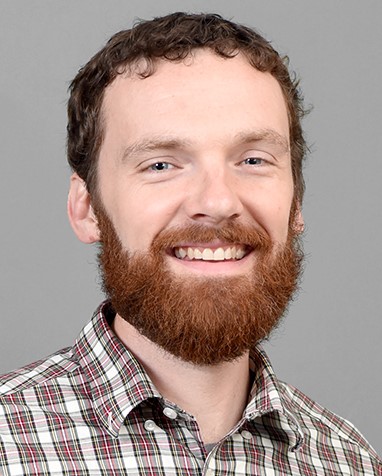
By Sally Mesarosh, Special for wranglernews.com
Arizona State professor Scott Cloutier has a vision: By creating healthy, happy and sustainable neighborhoods in South Tempe and across the Valley through the university’s Happy Neighborhoods Project, the model could empower communities all over the U.S. and internationally.
“We are fundamentally addressing some of the ways humans pursue happiness that directly diminish natural ecosystems,” Cloutier said. “We specifically do so by working to regenerate land, human communities and more-than-human communities.”
Cloutier, a Tempe resident, directs the Sustainability and Happiness Research Lab – the “Happy Lab” – in ASU’s School of Sustainability, which combines knowledge, methods and practice from several ways fields of research in order to develop strategies for moving toward a sustainable and happy future.
Because sustainability and happiness can share many of the same values and goals, improving one may also better the other, he believes.
According to the Happy Lab website, although factors that contribute to happiness differ among individuals, places and cultures, people tend to experience happiness in similar ways. Happiness often is influenced by family and social connection, economic success, education, freedom of choice, stable governmental, health and standard of living.

In recognizing how happiness corresponds to one’s environment and ability to meet one’s needs, we can also use happiness as a metric for sustainability. Like sustainability, happiness can be enhanced through initiatives that contribute to individual, community and global well-being without negatively-impacting people, the environment or future generations.
The connection between sustainability and happiness, according to the Happy Lab website, becomes even more apparent when we consider the economic, environmental and social challenges humans face today. Population growth, pollution, environmental degradation and an ever-increasing demand for resources have resulted in a need for changes in the way we live, work and grow.
Happiness is a potential tool for transformation.
At ASU, project members work alongside residents to create edible landscaping. They also do home-improvement projects customized to the vision of each resident. They paint mailboxes, support individual households, design and install gardens, and revitalize school gardens and related community projects.
Although some of the efforts were put on hold because of COVID-19, Cloutier said the Happy Lab has had hundreds of students involved with projects all over the Valley and abroad.
“We have also served dozens of individuals, households, organizations and institutions,” he said. “Post-COVID-19, we are just getting back to serving communities and are now focusing on collaborating with organizations addressing food insecurity and those integrating land-based practices.”
ASU student Kate Hartland said working on place-based projects that focus on happiness and connectivity has been incredibly impactful to her, both in her sustainability journey and her personal life.
“This semester, I had the opportunity to create a project that focused on reducing stress, fostering connection and community, and encouraging placemaking for SOS students,” said Hartland, who expects to graduate in May 2022. “Doing this work allowed me to conceive of how to support others in their journey, and it also allowed for my own growth, as well.”
Hartland said she also learned that sustainability is about so much more than she originally thought when she started her masters program.
“I have realized that in order to fix the world’s problems, or take advantage of sustainability opportunities, we must address the challenges we each face within,” she said.
What inspired Cloutier to create the Happy Lab?
“The need for a space to explore our relationship with happiness and how it translates to (un)sustainability,” he said. “More, a place that can be driven by the purpose of promoting happiness and sustainability in service to the communities near our university.”
Cloutier said that Happy Lab projects fundamentally address some of the ways humans pursue happiness that directly diminish natural ecosystems.
Cloutier is confident the Happy Lab and its members will continue to make strides. He continually seeks ways to promote pathways toward sustainability that will enhance overall happiness outcomes.
“The lab is a catalyst for researching methods for and outcomes from integrating and bringing together those beings interested in service-based learning, sustainability and happiness,” he said. “Serving communities and holding space for remembering ways of knowing that more deeply align us to our place in collaboration with nature is what it’s all about.”
Information on becoming involved in Happy Lab projects: email Scott.Cloutier@asu.edu or sign up for the Happy Lab newsletter athappylabasu.com.


